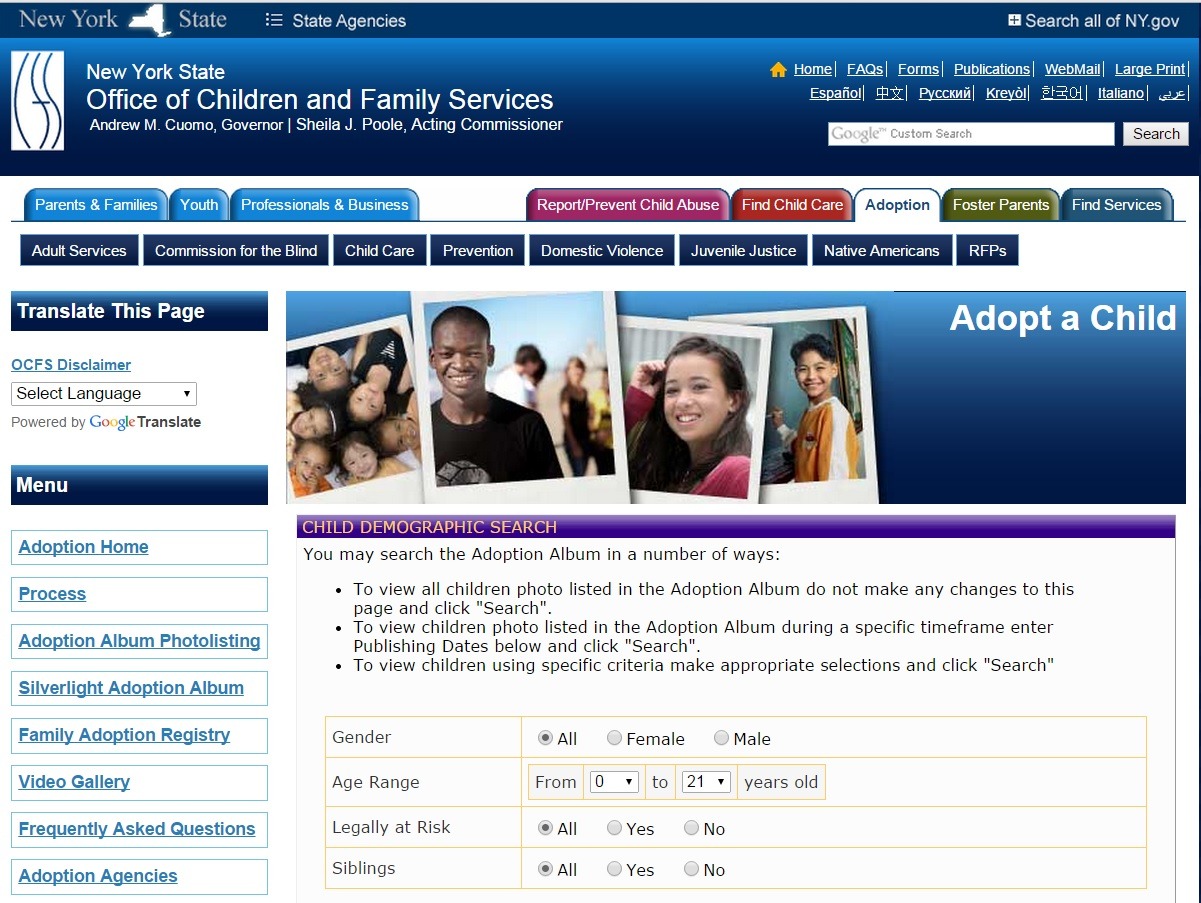Study: Reducing Sugar in Unhealthy Kids Brings Rapid Improvement
The researchers decided to use children who were obese and experiencing metabolic disorder (prediabetic). The study's purpose was to determine whether isocaloric (equal calorie) substitution of starch for sugar would improve metabolic parameters in 27 Latino and 16 African-American children with obesity and metabolic syndrome aged 8 through 18, with a mean age of 13. No attempt was made to change the essential dietary food habits of the children. Foods provided were purchased from nearby regular supermarkets. Their processed and junk food levels remained the same except for their sugar content. Sugar caloric intake was reduced from 28% to 10%. The missing calorie count from the decreased sugar was compensated by an equivalent amount of calories using starchy foods. The study diet contained comparable percentages of protein, fat, and carbohydrates as their reported normal diets. Chips and pizza were not excluded. They were not converted to a whole food organic diet. Foods loaded with added sugars such as high-sugar cereals, pastries and sweetened yogurt were excluded. Diastolic blood pressure, the bottom number indicating the pressure in the arteries when the heart rests, was reduced significantly, as were lactate, triglyceride, and LDL-cholesterol blood levels. Glucose tolerance and hyperinsulinemia (excess insulin) also improved significantly. These improved markers for metabolic disorder or prediabetes in such a short time with only one dietary change are very significant.























